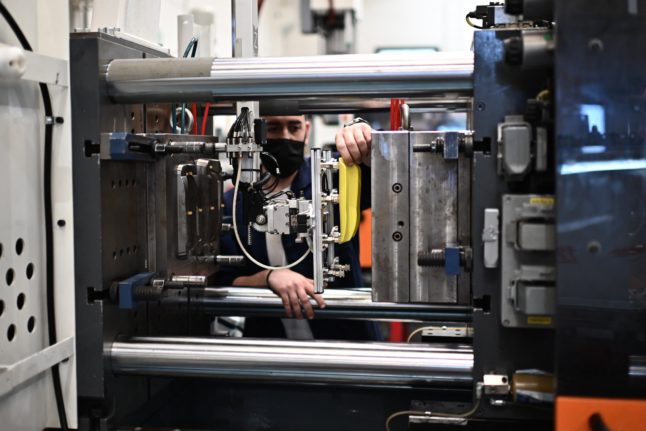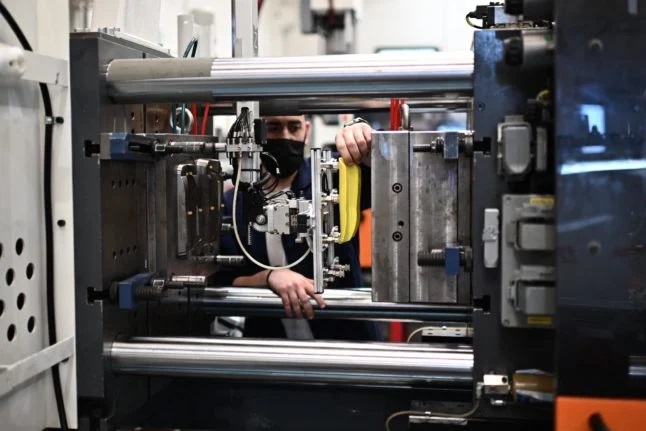From Italian paper The Local, this report follows the discussion about union solidarity which we posted yesterday.
Italian factory workers have launched a strike after a man died while working at a automotive manufacturing plant outside Turin on Thursday.

The official cause of death is currently being investigated by police, but with temperatures pushing 40 degrees Celsius in parts of the country, heat exhaustion is thought likely to be responsible.
Factory workers from the local area organised an eight-hour picket on Friday outside the Dana Graziano plant in Rivoli where the man worked.
Italy is in the midst of a scorching mid-July heatwave, and most factories do not have air conditioning systems.
The Fiom CGIL metal workers’ union say they have recently received multiple reports of factory temperatures reaching over 35 degrees Celsius in the Piedmont area. At the Mirafiori Fiat manufacturing plant in Turin, workers have reportedly recorded highs of 40 degrees.
A previous strike called by auto parts workers on Tuesday protested the “intense pace of work” workers are required to keep up in the “unbearable heat of these past few days”.
“There are many of our members who are reporting illnesses in the factory due to the intense heat of the last few weeks,” Edi Lazzi, Fiom CGIL’s Turin general secretary, told La Stampa.
Italy does not have a nationally unified labor code, but worker’s rights are enshrined in the constitution and touched on in various laws.
According to the site Lavori e diretti (work and rights), article 2087 of the Italian civil code requires employers to protect employees’ health and wellbeing.
National legislation does not require companies to keep the workplace within any particular temperature range, though workplace accident insurance institute Inail recommends in summer there should not be more than a seven degree difference between indoor and outdoor temperatures.
A 2015 Supreme Court case recognised the right of workers to stop working while retaining the right to pay in excessively cold conditions.



